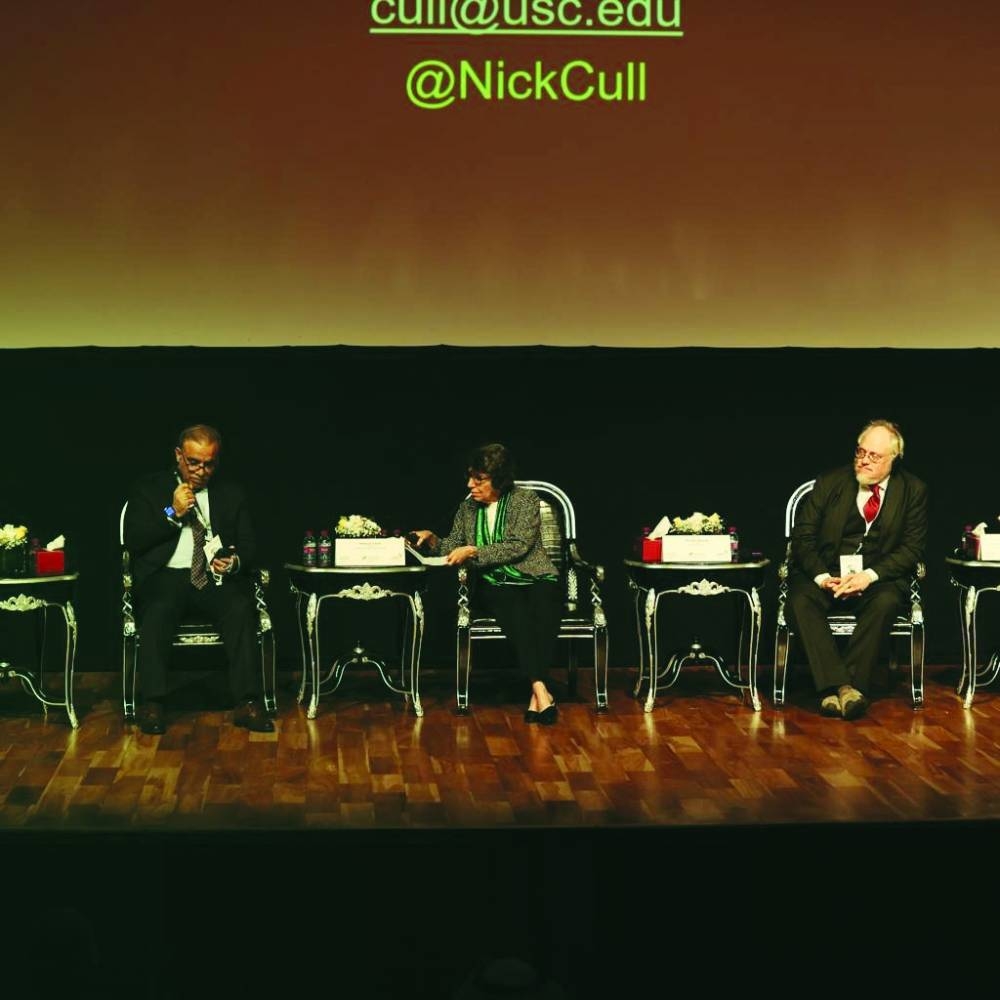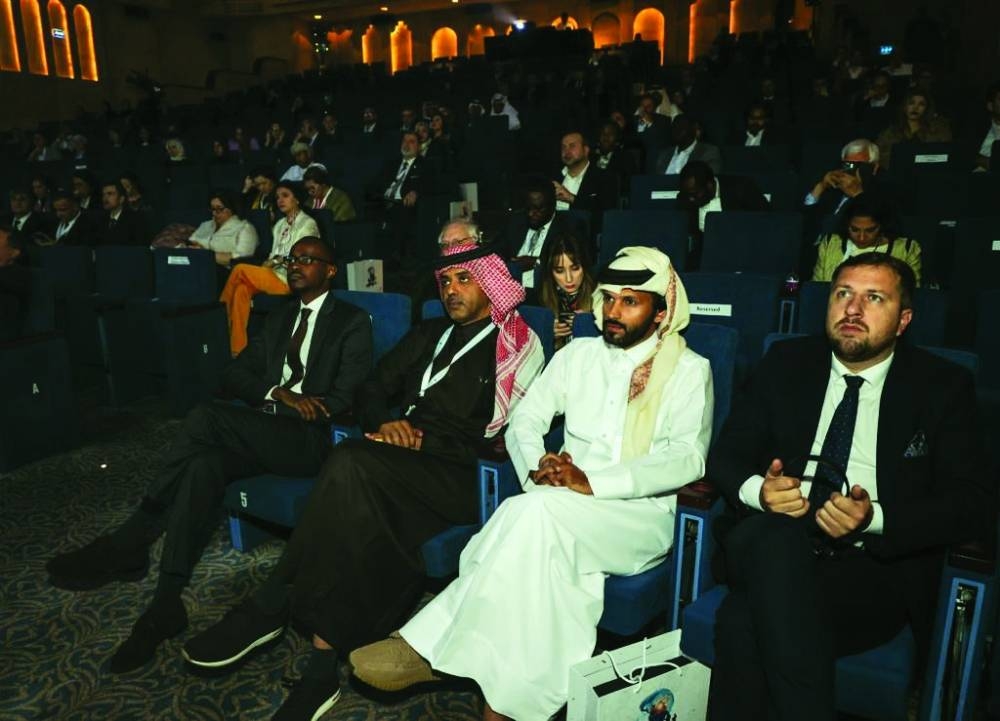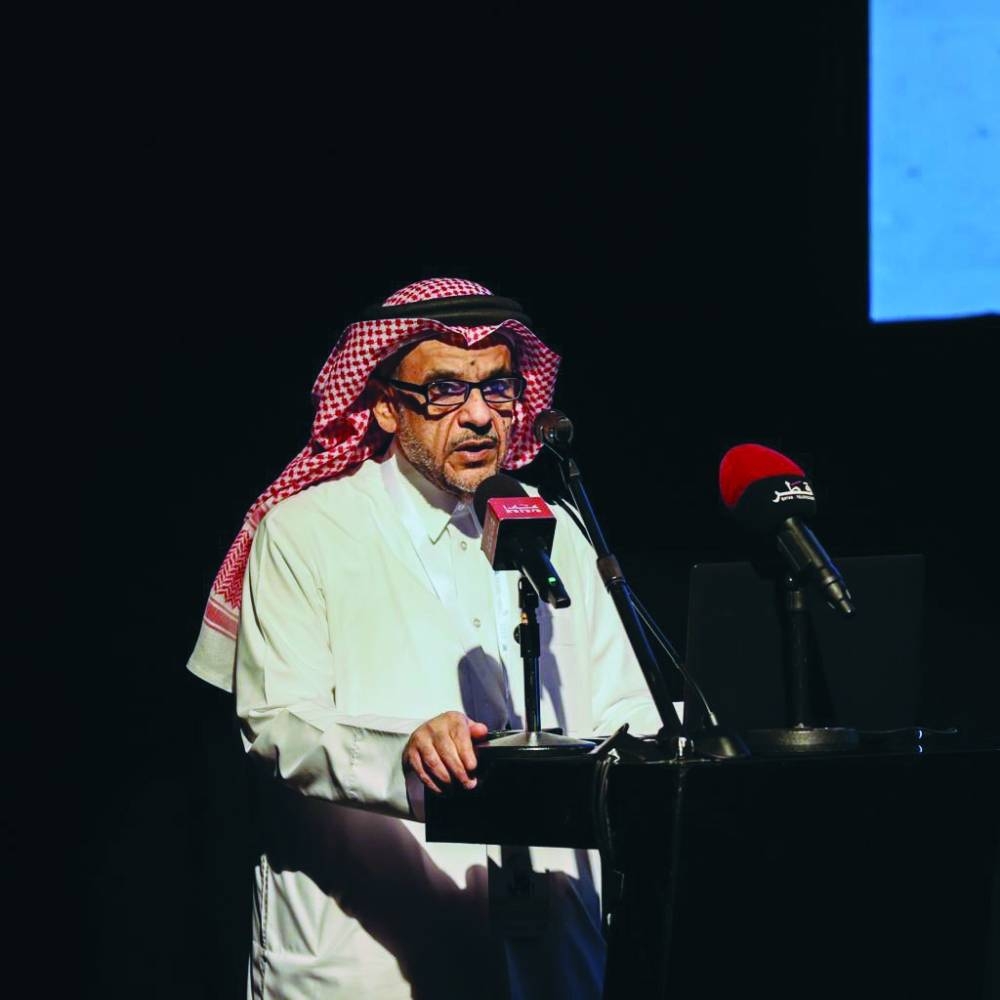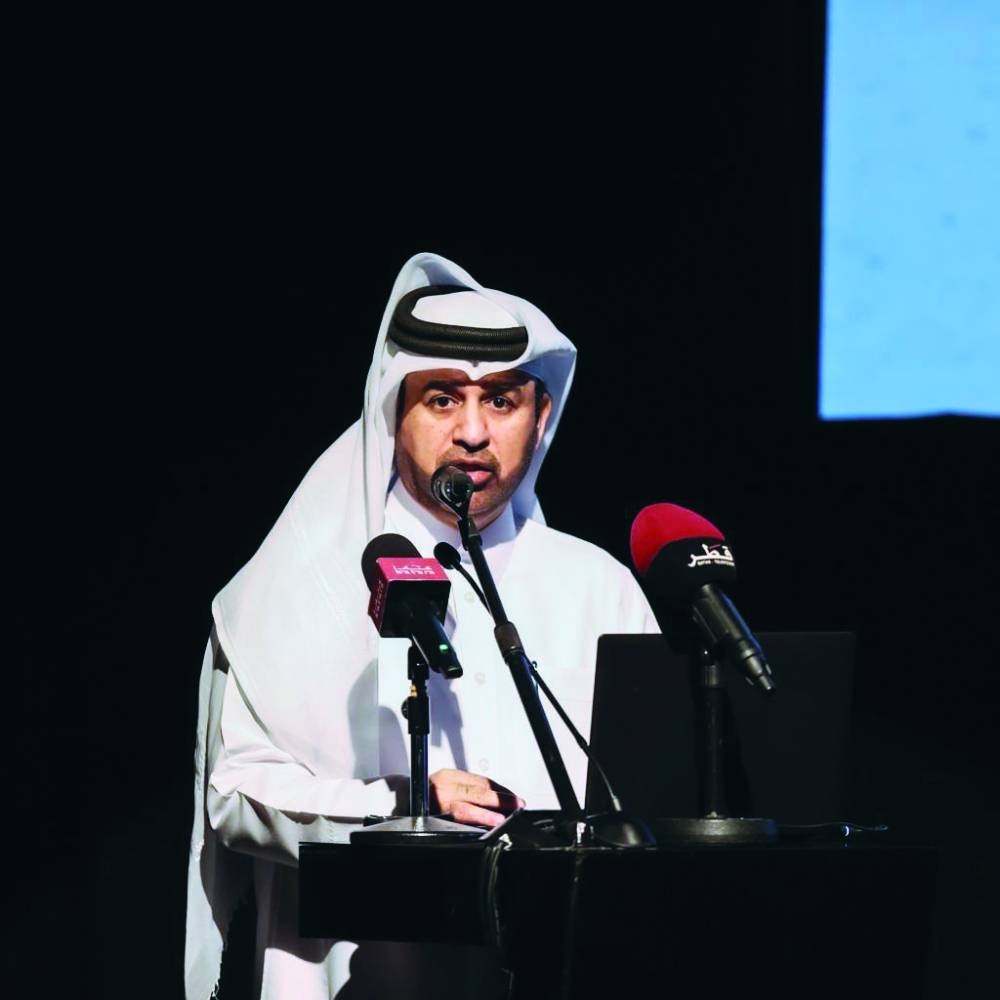The international conference on ‘Public Diplomacy in the Arab Gulf States: Policies and Practices’ by Katara Public Diplomacy Centre in co-operation with the Gulf Studies Centre at Qatar University started at Katara Sunday.
The two-day conference started in the presence of Katara general manager and GPDNet head Prof Dr Khalid bin Ibrahim al-Sulaiti and GPDNet secretary-general and Katara Public Diplomacy Centre chief executive Darwish Ahmed al-Shaibani, Qatar University's (QU) Gulf Studies Center director Dr Mahjoub al-Zweiri, a number of ambassadors, academics, researchers and experts in the field of public diplomacy.
Al-Sulaiti expressed his happiness at hosting the conference saying Katara has made important strides in public diplomacy through its implementation of many cultural projects and creative programmes, and has played a vital role in consolidating the foundations of work in public diplomacy.
The conference, being held for the first time in Qatar and the Arab Gulf region, constitutes a valuable and important opportunity to open channels of dialogue, discussion and exchange of views, experiences and knowledge, with a wide scientific participation from Qatar and 12 countries from around the world, will present during its scientific sessions 30 working papers.
Dr Omar al-Ansari, Vice President for Academic Affairs at QU, said the conference discusses the features of the growing presence of the Arab Gulf states in public diplomacy. He said the event stresses the importance of academic work and knowledge and research production in monitoring and following up the political, economic and social developments related to public diplomacy in the Gulf region in particular, as well as what is happening in the world.
Al-Shaibani noted that Katara is looking forward through this conference to achieving new momentum and reaching an advanced level in public diplomacy. He said the conference, through its rich sessions and discussions, aims to come up with important initiatives in diplomacy in a way that contributes to enhancing the role and effectiveness of leading cultural and knowledge institutions and enabling them to unify efforts and open channels of communication.
On its first day, the conference witnessed a series of sessions with important topics related to new trends in the study of public diplomacy. The first session was moderated by Dr Mahjoub al-Zweiri and included two interventions by Dr Nicholas Cole, who presented a presentation entitled (From Soft Power to Reputation Security: Public Diplomacy in a Time of Risks) , and Rhonda Zaharneh, who gave a presentation entitled Humanity-Centered Methodology in Public Diplomacy.
The conference also included a session on Public Diplomacy on the theme of interaction with media and digital diplomacy. This was moderated by Dr Luciano Zakhara, as Banu Akdenizelli presented an intervention entitled 'Building Relationships or Continuing Conflicts? Digital diplomacy in the Arab Gulf states'.
Dr Reem Ali al-Derham made an intervention entitled 'Digital Public Diplomacy: Can Qatar Adopt Digital Diplomacy in Evolutionary Diplomacy?'.
Dr Eric Hoagland discussed the role of the media as a form of public diplomacy. Dr Mustafa al-Natas and Dr Mustafa Silman Yayali discussed the strength of public diplomacy in the 'Arab Gulf states: a research study' while Sarah al-Nuaimi and Thomas Bonnie James presented a study on 'Qatari Public Diplomacy: The French Connection'.
The second session focused on public diplomacy on the axis of overlap with political economy, and the session was moderated by Dr Nikolay Kozhanov, where Dr Natalie Kush presented the role of national oil companies in the public diplomacy of the Gulf countries.
Dr Omar Bortolazzi presented 'Away from the rentier economy: national branding, economic diversification, and public diplomacy in the United Arab Emirates'. Parasanta Kumar Pradahan presented a presentation entitled 'Determining the context of the Indian political diaspora in the public diplomacy of the Arab Gulf states'. Dr Athol Yates talked about 'Public Diplomacy for Defense Related to Small Countries in the Cooperation Council for the Arab States of the Gulf'.
Dr Muhammad Yaqoub Anan discussed the 'Saudi Vision 2030: a new narrative for the Saudi state'.
A book will be issued later and will include working papers and details of the sessions, documenting the rich discussions and creative ideas about the prospects for advancing public diplomacy in the Arab Gulf states.

A session in progress at the conference Sunday.

A view of the audience.

Dr Omar al-Ansari at the event.

Prof Dr Khalid bin Ibrahim al-Sulaiti addressing the conference.
